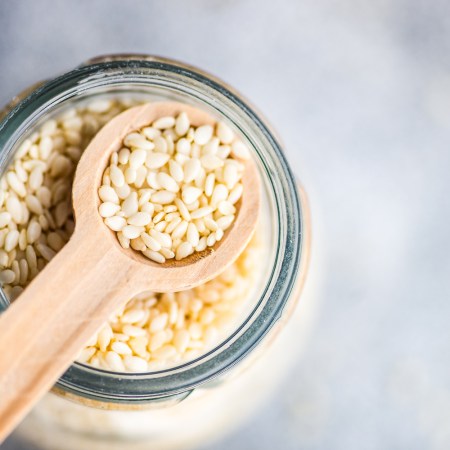As one of many unofficial emblems of millennial culture, avocados are an easy punching bag online. But no matter how much you might sneer at gentrifiers walking out of Trader Joe’s with tote bags full of the green-skinned fruit, their commitment to the cause comes with the ultimate reward: a reduced risk of heart disease.
Heart disease, for those in need of a refresher, is the leading cause of death in the United States. One in four American deaths each year are a result of heart disease — that’s about 660,000 people. (Its cost is felt not only in lives lost, but in dollars spent fighting it; heart disease currently costs the country $1 billion a day.) According to the American Heart Association, 45% of American adults will be living with cardiovascular disease by the year 2035.
Health officials often stress how “preventable” heart disease is, and they’re right. Eliminating damaging habits like smoking, a sedentary lifestyle or a diet based on processed foods will drastically improve your heart health. But it’s also smart to proactively add habits to your life. Like eating two servings of avocado a week.
A 30-year-study published today in the Journal of the American Heart Association, considered the largest of its kind, demonstrates a “positive association between higher avocado consumption and lower cardiovascular events, such as coronary heart disease and stroke.”
Researchers assessed epidemiological data for 68,786 women and 41,701 men over the multi-decade span; at the beginning of the study, each subject was free of free of cancer, coronary heart disease and stroke. By the end, adjusting for lifestyle factors, the authors were able to associate a 16% decrease in risk of cardiovascular disease, and a 21% decrease in coronary heart disease, with diets that included at least two servings of avocado a week.
If two servings a week doesn’t sound like a lot, that’s because it isn’t. As one serving is a third of the fruit, that’s not even one full avocado a week! Researchers also concluded that replacing common fixings (“margarine, butter, egg, yogurt, cheese, or processed meats”) with avocado spread further reduced one’s risk of heart disease.
Why are avocados so great for the heart? They’re a powerhouse plant source of healthy unsaturated fats, which supports cholesterol levels, stabilizes blood sugar levels and absorbs healthy antioxidants. Avocados make you feel full, which is actually a good thing — they can keep you from reaching for excess carbs and processed snacks in between meals. Plus, they’re just an excellent source of vitamins and fiber.
You may not want to be an “avocado guy,” but you definitely don’t want to be a “heart disease guy.” Try coaxing some avocado toast into your morning routine, bit by bit. Your heart will thank you later.
Thanks for reading InsideHook. Sign up for our daily newsletter and be in the know.


















